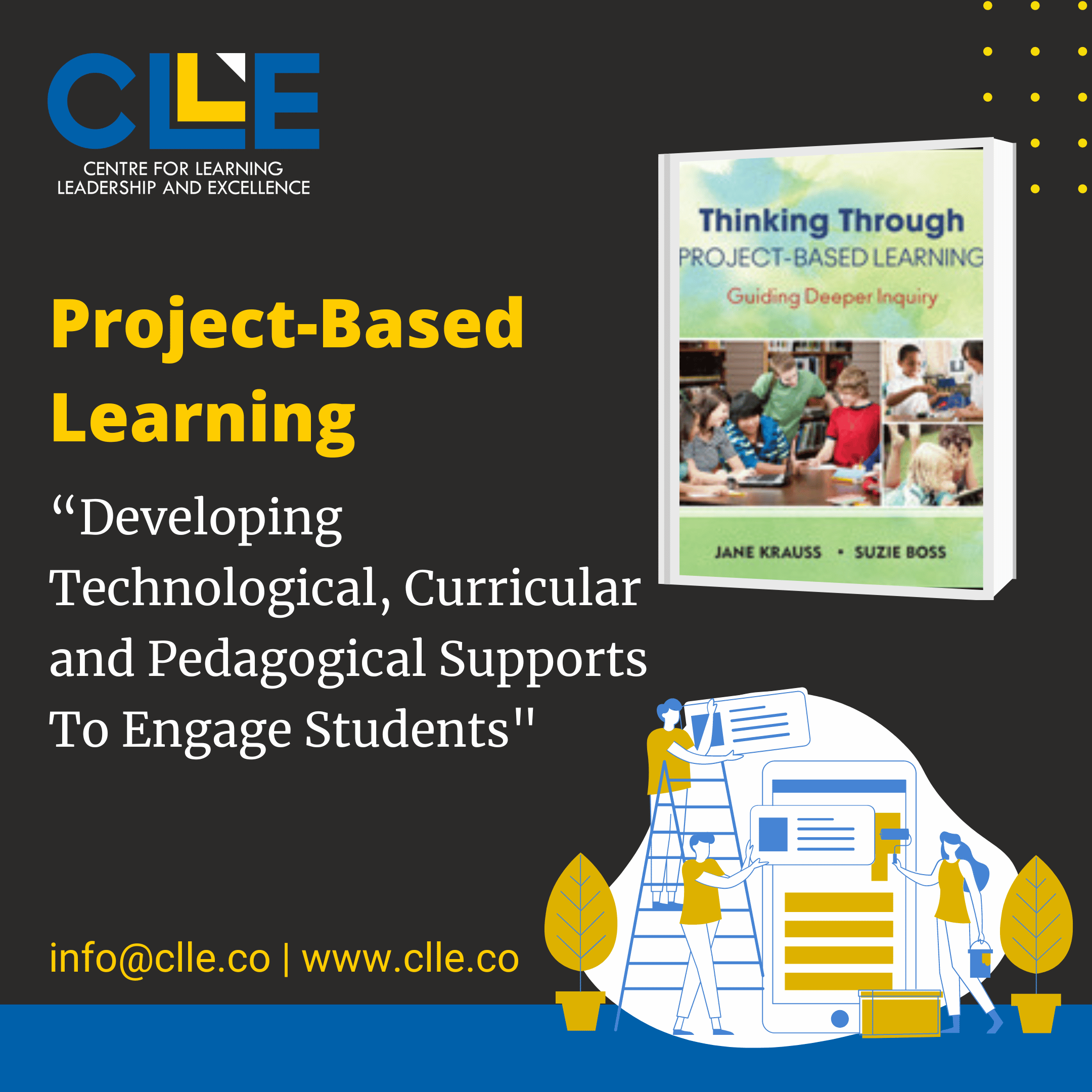Centre for Learning Leadership and Excellence
No. 48, Sri Kamakoti, Second Floor, 12th Main Road, Jayanagar 4th T Block East, Jayanagar 3rd Block, Bengaluru - 560011


THE IMPORTANCE OF NOVELTY
You might not notice a person walking past your classroom or office door, but if a tiger strolled by, you would. Our very survival depends on attentiveness. Being alert to changes in the environment allowed early humans to capitalize on an opportunity (“I’ll hunt that bird for dinner”) and avoid harm (“I’ll hide from that rhino”).
Stimuli have changed with the times, but we modern humans continue to be attracted to novelty. It’s easy to imagine tomorrow’s anthropologists studying YouTube to figure out which sights and sounds grabbed our fleeting attention in the early 21st century.
When novelty is present in the learning environment, students’ brains become alert and receptive. A part of the brain called the reticular activating system filters incoming stimuli, deciding which information to trust to autopilot and what deserves our full attention. Without novelty, we tend to let our brains rest and conserve energy - for a while. Then we start looking for fresh stimulation. Psychiatrist and child trauma expert Bruce Perry explain why repetitive classroom activities, such as lectures or worksheets, inhibit the brain’s craving for novelty and can interfere with learning. “Only four to eight minutes of the pure factual lecture can be tolerated before the brain seeks other stimuli, either internal (e.g., daydreaming) or external (“Who is that walking down the hall?”). If the teacher is not providing that novelty, the brain will go elsewhere” (Perry, n.d.).
Projects build opportunities to introduce novelty. Projects often start with a “grabber” or entry event of some kind. That’s when teachers deliberately facilitate an introduction to capture attention and interest, getting students’ attention and curiosity engaged. Across the arc of the project, new challenges and opportunities for discovery continue to present themselves, supplying students with ample reasons to stay interested once the project is underway.
Source: Thinking Through Project-Based Learning: Guiding Deeper Inquiry by Jane Krauss & Suzie Boss